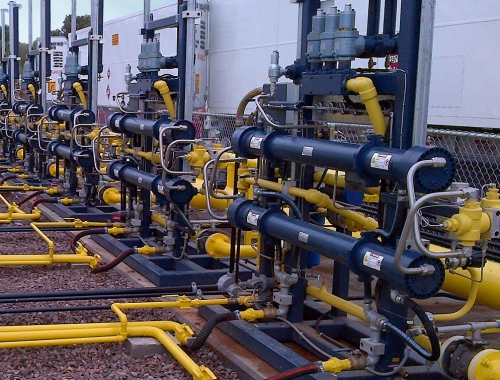Agreed, but something (a reduction by moving to natural gas) is better than nothing (staying with coal), especially when the reduction is that significant.Even if true, low carbon isn’t zero carbon.
Which is why it’s confusing that we prefer wind over nuke. Wind requires a fast acting plant (peaker?) that seems to (typically?) be gas fired, so as to, well, make power when the wind doesn’t blow.
I agree that nuclear is the way to go in the long-term, but am discouraged by all the roadblocks, mostly regulatory.
It's relatively cheap and fast to convert a coal-fired GS to natural gas.
I was thinking about our "almost carbon-free" hydro-electric power generation here. Hydro-electric accounts for at least 98% of the power generated, with natural gas turbines (converted from coal c. 20 years ago) available for peaking and restoration.
Never factored in is the carbon contribution of the gasoline- and diesel-powered fleet of thousands of corporate vehicles, nor the commuting of thousands of employees, most by ICE car.
As far as wind power, it's a good complement to hydro-electric. The water ponded on the upside of the dam, as a result of not being required due to wind's contribution, is effectively the battery.
Unfortunately, at one time, and I hope this has changed, the wind turbines were only good down to -26°C. So they weren't contributing during peak load. Furthermore, they had to draw power from the grid for heat, so they added to the peak load.

